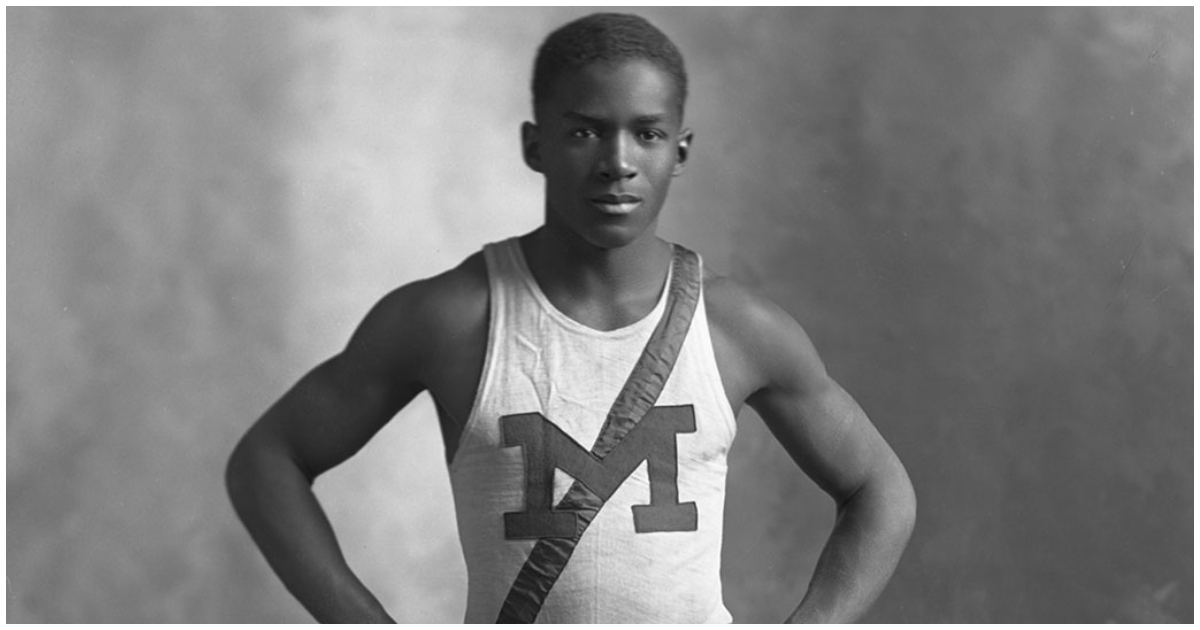DeHart Hubbard’s name resonates through Olympic history as a trailblazer for Black athletes. The Avondale native leaped into the record books at the 1924 Paris Olympics.
His long jump victory marked a milestone as one of the first Black athletes to win an individual Olympic gold medal.
DeHart Hubbard: Cincinnati’s Forgotten Olympic Hero
Hubbard’s achievement, a century old, deserves renewed recognition in his hometown of Cincinnati. A plaque honoring him stands in the Riverfront Transit Center. However, its location underneath Second Street near the stadiums limits its visibility.
Robert Crawford, a schoolmate of Hubbard’s, once described him to The Enquirer: “To us kids, DeHart was Superman.” Crawford emphasized Hubbard’s importance, stating, “Before Jesse [Owens], before [Carl] Lewis, there was DeHart Hubbard.”
Overcoming Racial Barriers in Olympic Competition
Hubbard’s path to Olympic glory was fraught with racial discrimination. His nephew, former Cincinnati mayor Ken Blackwell, revealed a shocking truth to NBC News. Despite qualifying for the 100-meter dash and high hurdles, Hubbard was barred from these events.
Blackwell recounted, “When he got here, he was told that the 100 and the high hurdle were white-only events.” Despite these setbacks, Hubbard persevered. His determination carried him to the gold medal podium.
From Walnut Hills to Olympic Triumph
At Walnut Hills High School, Hubbard’s athletic prowess shone across multiple sports. Yet, he faced opposition even there. Teammate George Mason recalled a pivotal moment in a 1996 Enquirer story.
Men arrived at football practice, declaring the only Black player ineligible. The team’s response was unanimous solidarity. If Hubbard couldn’t play, no one would. They sat out the entire season in protest.
Legacy of a Pioneering Athlete
Hubbard’s impact extends beyond his Olympic triumph. He paved the way for future Black athletes in a time of widespread segregation. His story embodies resilience, talent, and the power of breaking barriers.





